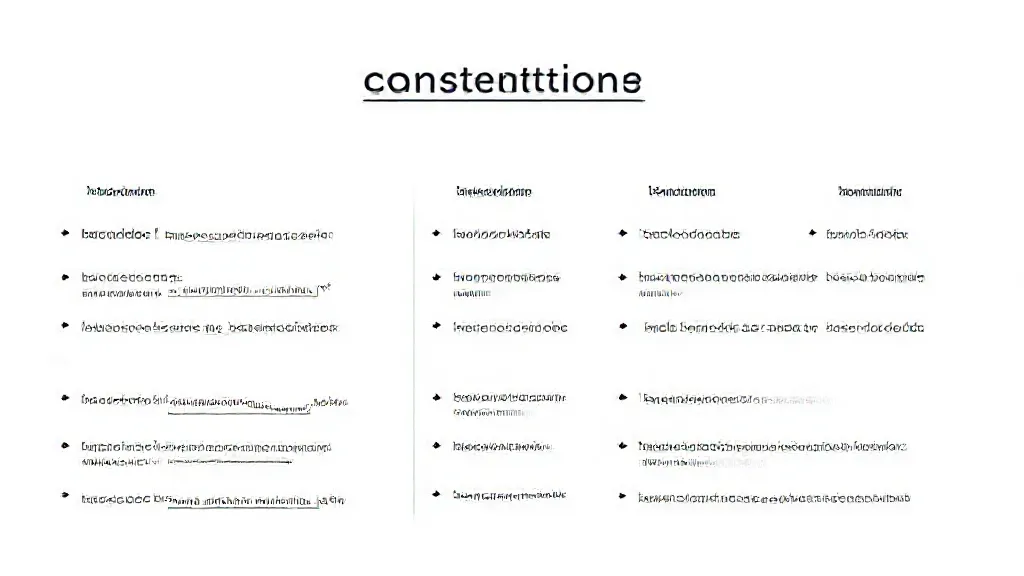Conditional sentences, often referred to as "if clauses," present a unique challenge in the English language, perplexing both learners and seasoned speakers alike. The confusion primarily arises from the various forms these sentences can take, the nuances in their meanings, and the subtle distinctions that can alter their implications. This article aims to dissect the complexities of conditional sentences, offering clarity and insight into why they can be so bewildering.
Types of Conditional Sentences: A Brief Overview
There are four primary types of conditional sentences in English: zero, first, second, and third conditionals. Each type serves a distinct purpose and conveys different meanings. The zero conditional expresses general truths or scientific facts, using the present simple tense in both clauses.
For example, "If you heat water to 100 degrees Celsius, it boils." The first conditional deals with real and possible situations, typically using the present simple in the if-clause and the future simple in the main clause, as in, "If it rains tomorrow, I will stay home." The second conditional, on the other hand, is used for hypothetical or unlikely situations, employing the past simple in the if-clause and "would" in the main clause, such as, "If I won the lottery, I would travel the world.
" Lastly, the third conditional refers to past situations that did not happen, using the past perfect in the if-clause and "would have" in the main clause, exemplified by, "If I had known about the party, I would have gone."
The Role of Modality in Conditional Sentences
Modality adds another layer of complexity to conditional sentences. The use of modal verbs like "might," "could," and "should" can significantly change the meaning of a conditional statement.
For instance, "If you studied harder, you might pass the exam" implies a possibility, while "If you studied harder, you would pass the exam" suggests a stronger likelihood. This variability in meaning can confuse learners who may not fully grasp the implications of different modal verbs in conditional contexts.
Contextual Variations and Their Impact
Context plays a crucial role in understanding conditional sentences.
The same conditional structure can convey different meanings depending on the circumstances in which it is used. For example, the sentence "If you call me, I will answer" can be interpreted differently based on the relationship between the speaker and the listener or the urgency of the situation. This dependency on context can lead to misunderstandings, particularly for non-native speakers who may not be attuned to the subtleties of English communication.
Common Errors in Conditional Sentences
Many learners struggle with the appropriate use of tenses in conditional sentences, often leading to common errors. A frequent mistake involves mixing tenses incorrectly, such as saying, "If I will go to the store, I will buy milk," instead of the correct form, "If I go to the store, I will buy milk." Such errors can stem from the influence of learners' native languages, which may have different rules regarding conditional constructions, further complicating their understanding of English conditionals.
Teaching Strategies to Clarify Conditional Sentences
To address the confusion surrounding conditional sentences, educators can employ various teaching strategies. Using visual aids, such as charts or diagrams, can help learners visualize the different types of conditionals and their structures. Additionally, incorporating real-life scenarios and role-playing exercises can enhance comprehension by allowing students to practice using conditionals in meaningful contexts.
Furthermore, providing ample opportunities for feedback and correction can help learners internalize the correct forms and meanings of conditional sentences.
The Importance of Practice and Exposure
Ultimately, mastering conditional sentences requires consistent practice and exposure to varied contexts. Engaging with authentic materials, such as literature, films, and conversations, can help learners see how native speakers use conditionals naturally.
Moreover, writing exercises that prompt learners to create their own conditional sentences based on personal experiences can reinforce their understanding and application of these structures.
Conclusion: Navigating the Complexity of Conditionals
In conclusion, the confusion surrounding conditional sentences in English stems from their diverse forms, the role of modality, contextual variations, and common errors made by learners. By employing effective teaching strategies, encouraging practice, and fostering exposure to authentic language use, educators can help demystify conditional sentences, enabling learners to navigate this complex aspect of English with confidence and clarity.
Understanding and mastering conditional sentences not only enhances language proficiency but also enriches communication skills in both spoken and written forms.
